The City Council has passed four of the five housing bills on this year’s agenda, and the fifth is likely to pass this week or next. One of these bills doesn’t affect us, two are good, and two are likely to cause trouble in the coming years.
BHCA worked hard to blunt the worst effects of the bad bills. We proposed a good win-win compromise. We failed for various reasons, mainly because the mayor supported the bills as written. Our District 7 (North Bolton Hill) Council Member James Torrence supported us warmly, while District 11 (south of McMechen Street) Council Member Zac Blanchard opposed us firmly.
The bill that doesn’t affect us changes the percentage of a lot that a building can cover. This matters a lot in the suburban-style neighborhoods of the outer city, but the changes in row house neighborhoods are unimportant.
The first good bill moves the City zoning office from the Department of Housing and Community Development to the Planning Department. Since the Planning Department is responsible for zoning, this is a no-brainer and long overdue. The second good bill allows new small apartment buildings to have only one fire-rated stairway. This makes sense because building codes are good and sprinklers work, and it should save space and money.
Now the two bad bills. The first, which hasn’t passed yet but is likely to, allows anyone to convert a single-family house into as many as four apartments as of right; i.e., without going to the zoning board or the city council. The second eliminates all requirements for off-street parking.
These bills are designed to alleviate Baltimore’s crisis of housing affordability. Advocates say that building more apartments will change the balance of supply and demand in the rental market, and rents will fall. They also say that people who want to become homeowners but can’t afford it will be able to get extra income from renting out apartments when they buy.
Affordability is certainly a hot issue this year. Voters at both political extremes – for President Trump and for Mamdani, the new mayor of New York City – pulled their levers in large measure because they thought the cost of living was too high, and housing was a big part of their worry. Even though Baltimore remains the cheapest city on the east coast, and Baltimore City is by far the cheapest part of the Baltimore region, there are obviously a lot of Baltimoreans who are worried about housing affordability.
(For what it’s worth, most serious analysts of housing affordability say that the root of the problem is that most Americans aren’t getting paid enough. But tackling that is harder than fiddling with housing, so housing gets fiddled with.)
Most of the debate on these bills concerned neighborhoods with no apartments, mostly in the suburban-style neighborhoods in the outer city. Because there aren’t a lot of neighborhoods like Bolton Hill, with a mix of single-family houses and apartment buildings on every block, we got ignored.
What do these bills mean for us?
Our basic neighborhood real estate market probably won’t change very much. Single-family houses in good condition are unlikely to be converted to apartments because they sell for high prices. A few people will probably create apartments in their houses and build a few rental units on parking pads and above garages.
Where we might get into trouble is with houses that are in bad condition. These don’t sell for high prices, and I think they’re vulnerable to absentee landlords and apartment conversions. It’s hard to tell how many houses fall into this category, but it’s not a small number. BHCA’s committee on vacant and deteriorated property is working on 24 houses right now. Every one of those houses is a likely target for an absentee landlord, and there are probably more.
What should we be doing? First and foremost, we should get good people to buy houses in Bolton Hill and live here. Talk up the neighborhood at parties and at the office water cooler. Stop by realtors’ open houses and chat with potential buyers.
Beyond that, we should keep track of what’s actually happening as a result of these bills. And we should do this in concert with the other downtown neighborhoods whose housing stock and housing markets are like ours: Madison Park, Reservoir Hill, Mount Vernon, Charles Village, Marble Hill and other neighborhoods with large row houses.
–Charlie Duff
